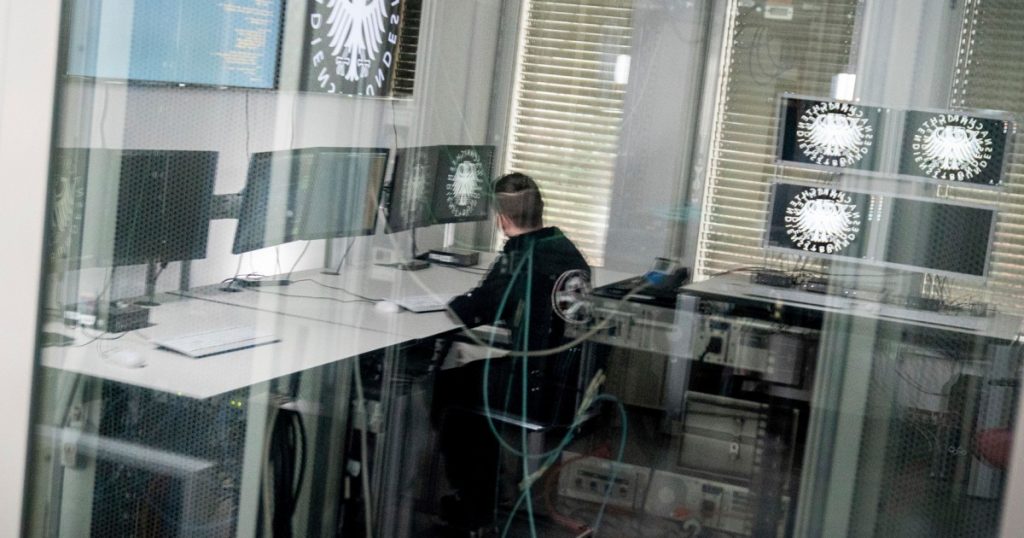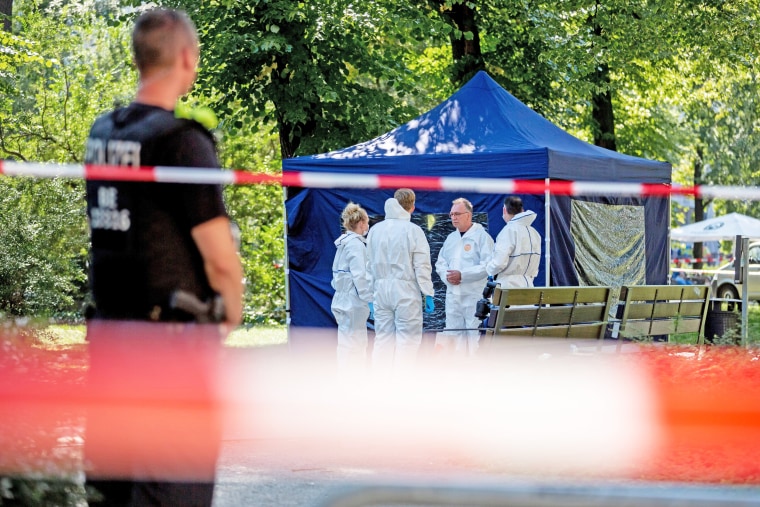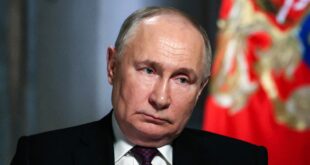
In his statement on the case in December, the president of the BND, Bruno Kahl, said the success of the investigation would depend on ensuring as little information as possible became public.
“Restraint and discretion are very important in this particular case. With Russia, we are dealing with an actor on the other side whose unscrupulousness and willingness to use violence we have to reckon with,” he said. “Every detail of this operation that becomes public means an advantage for this adversary in his intention to harm Germany.”
A former senior BND officer, Gerhard Conrad, said until the precise nature of the suspect’s job at the intelligence service is revealed publicly, it was too soon to assess any potential fallout from the alleged spying. “To have a reliable picture here, we would have to know the specific function of the accused employee,” said Conrad, now a visiting professor in intelligence studies at King’s College London.
Apart from the BND case, a German man was found guilty in November of passing information to Russia while working as a reserve officer in the German military.
German authorities are also examining whether two officials in Germany’s federal ministry of economics were spying for Russia, according to the newspaper Die Zeit. The officials under investigation worked on energy supply issues, possibly placing them at the center of pivotal decisions on the now-suspended Russian Nord Stream 2 natural gas pipeline to Germany.
Germany’s Federal Office for the Protection of the Constitution, BfV, which is the rough equivalent of the FBI, declined to comment on the case.
The Federal Ministry for Economic Affairs and Climate Action said it could not comment directly on any specific case but said it works in close coordination with federal law enforcement authorities. On energy, the ministry has “completely overhauled the previous government’s Russia-friendly policy” to reduce Germany’s dependence on Russian natural gas, it said.
Angela Merkel, a Christian Democrat considered wary of friction with Russia, had served 16 years as chancellor before leaving office in 2021. Olaf Scholz of the left-leaning Social Democrats succeeded her as Germany’s leader, forming a coalition with the Greens and the Free Democrats.
‘The Russian services are relentless’
For more than two decades, Russia has waged an incessant and often successful campaign of spying and political warfare against Germany, infiltrating the country’s political elites and security services, according to former U.S. intelligence officers, current Western officials and members of Germany’s parliament.
“The Russians have invested massive time and effort into penetrating German institutions at all levels. The Russian services are relentless and have benefited from a weak counterintelligence atmosphere in Germany,” said John Sipher, a former CIA intelligence officer who worked for the agency’s clandestine service for 28 years and had postings in Europe, Asia and elsewhere.
“So, when you have a weak defense combined with a focused and relentless offense, you can expect that there are numerous sources inside the German government and business elite that are doing Moscow’s bidding,” he said.
In 2019, a former Chechen separatist fighter was gunned down in Berlin’s Tiergarten park; a German court eventually convicted a Russian national who authorities said was an officer of the Russian FSB domestic intelligence service acting on orders from Moscow.

Russia denied the allegations. In his trial, the convicted assassin, Vadim Kraskikov, denied he was acting on Moscow’s orders.
“The murder in the Tiergarten shows that Russia has the impression that Germany is so weak that they can commit a contract killing in broad daylight in the government quarter in Berlin,“ said a member of the German parliament. “That tells you something.”
Germany consistently underestimated the Russian threat and gave counterintelligence work a low priority, but that is changing now in the wake of the Russian invasion of Ukraine, experts and Western officials said.
“It is clear that we must also take a completely different approach to counterintelligence than we have in the past,” von Notz said. “We have been drawing attention to this for a long time. In view of the sharp increase in security threats following Russia’s war of aggression in Ukraine, which violated international law, we must act very decisively.”
Conrad, the former BND officer, said decision-makers in Germany failed to heed concerns repeatedly raised by the security services about Berlin’s approach to Russia in the past, including relying on Russian natural gas imports.
“The services have been the unheard admonishers here for years,” Conrad said.
The German government has proposed plans to overhaul the intelligence service to give it more funding and clearer legal authority to carry out its mission.
The BND has been hampered by a lack of resources, with its technology lagging behind many of its partners, and a cumbersome legal framework that makes countering adversaries inside Germany extremely difficult, according to Conrad and other experts.
“The BND law does not meet the current needs,” Krieger said.

Given the country’s Nazi past and the totalitarian legacy of Soviet-controlled East Germany, politicians have been reluctant to empower German security services and have sought tough safeguards for privacy and civil liberties. German leaders, painfully aware that Germany invaded Russia in World War II, have also tried to avoid confrontation and hoped economic ties could reduce tensions. But the invasion of Ukraine has triggered a political sea change, with Berlin now providing artillery and tanks to Kyiv while backing sanctions on Russia’s economy.
Last April, Berlin expelled 40 Russian Embassy employees for allegedly working for Russian intelligence services. In announcing the move, German Foreign Minister Annalena Baerbock said the employees “have worked every day against our freedom and against the cohesion of our society here in Germany.”
Western officials and former U.S. intelligence officers called the expulsions and the current investigation of the BND employee a positive sign that shows Berlin’s attitude has shifted.
“This government is serious about dealing with it,” a Western official familiar with the issue said.
Germany’s intelligence services failed to anticipate that Russia would invade Ukraine, a failure that has yet to be the subject of any publicly released “lessons learned” review. Such a review would show Germany is serious about altering its approach, the Western official said.
“There’s definitely a change. The question is, how far do they take it?”

 Latest Breaking News Online News Portal
Latest Breaking News Online News Portal





